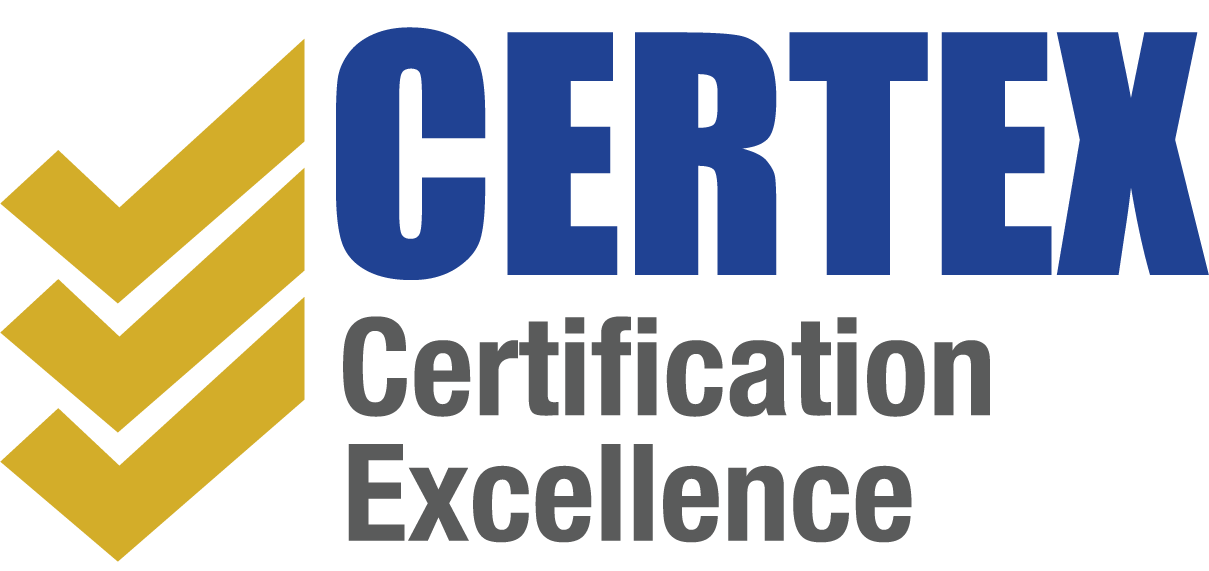ACT Labour Hire Licensing Laws Come Into Effect
The ACT is enacting a Labour Hire Licensing Scheme, joining Victoria, South Australia, and Queensland which have all introduced their own schemes over the last few years.
The Labour Hire Licensing Bill (which passed the ACT Parliament in May 2020) and came into effect in May this year, was prompted by unacceptable practices observed in the industry and enquiries (across the nation) into the vulnerability of labour hire workers and job insecurity.
Obligations and penalties
What these changes mean is that labour hire companies will need to apply for a license in order to operate in the state. In doing so, they are required to demonstrate compliance with workplace laws and industry standards. It also establishes a public register of licensed businesses so as to inform businesses and workers of which labour hire-companies are actively demonstrating compliance.
Some of the conditions which need to be met under the legislation include, the requirement that a licensee must not “contravene workplace laws or standards” and must “notify the commissioner of any regulatory action taken against the licensee under a labour hire law”.
Penalties apply for offering labour hire licenses without holding a licence, false representations that the person holds a licence, as well as engaging an unlicensed labour hire provider. The broad scope of these penalties mean that not only labour-hire providers, but also client companies, need to be alert to compliance with the new scheme.
What now?
Applications opened late May and a six-month transition period allows for businesses to adequately prepare for the process, during this period, the penalties and offences outlined under the scheme will not apply.
Certex offers a Licence Preparation Service, to learn more about this service please contact us here info@certex.com.au

